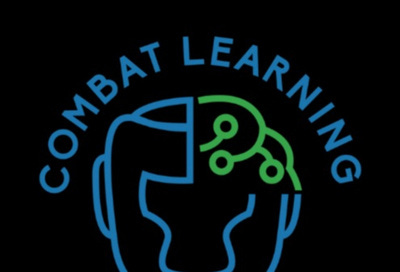Join the email list now: combatlearning.com/newsletter --- Today I'm joined by Alan Dunton, a PhD in skill acquisition, human performance specialist, and lecturer at TUDublin. He also has a background in ITF taekwondo. In this episode, we discuss a couple important studies done on self-organization and how to simulate a more realistic level of anxiety to competition. Then we discuss how the point system for sport taekwondo can be manipulated to aid constraints-led training of specific tactics without over-constraining learners. Finally, we clear up how to understand the difference between predictive and prospective control of movement, which is one of the key divides between Information Processing and Ecological Dynamics theories of motor control and learning. If you're excited to jump in, hit the subscribe button on your podcatcher and enjoy the show. --- Find Alan Dunton: Twitter: https://twitter.com/AlanDunton --- Produced by Micah Peacock Intro Theme by Micah Peacock Outro Music is Synergy by Juche
Teaching Martial Arts by Combat Learning
Teach martial arts radically better using the ecological dynamics and constraints-led approach to training. Explore the little-known frontiers of skill adaptation, perceptual-motor learning, and performance science for combat sports such as jiu jitsu, taekwondo, kickboxing, karate, muay thai, and more.
Teach martial arts radically better using the ecological dynamics and constraints-led approach to training. Explore the little-known frontiers of skill adaptation, perceptual-motor learning, and performance science for combat sports such as jiu jitsu, taekwondo, kickboxing, karate, muay thai, and more.Listen on
Substack App
RSS Feed
Recent Episodes













Share this post